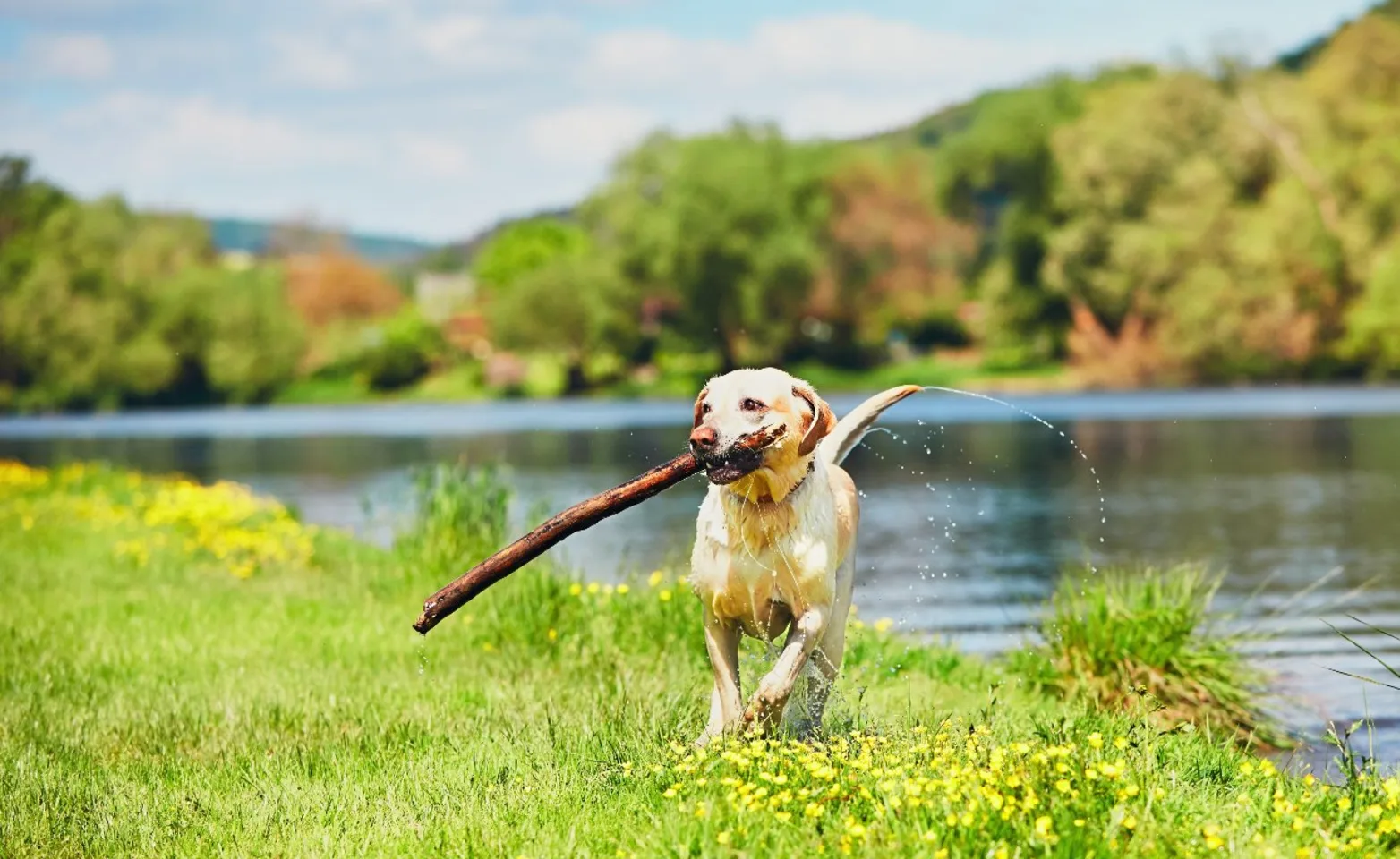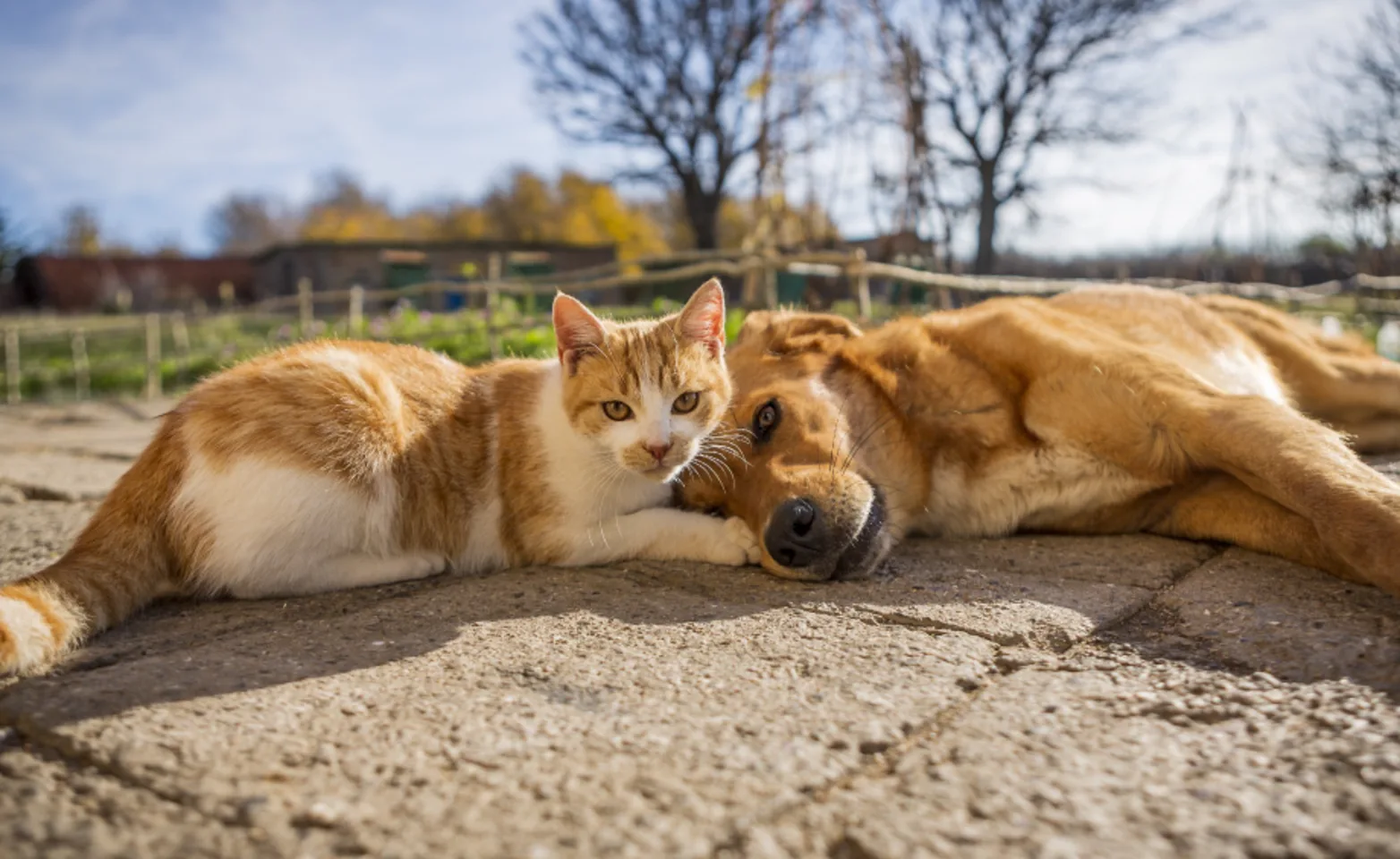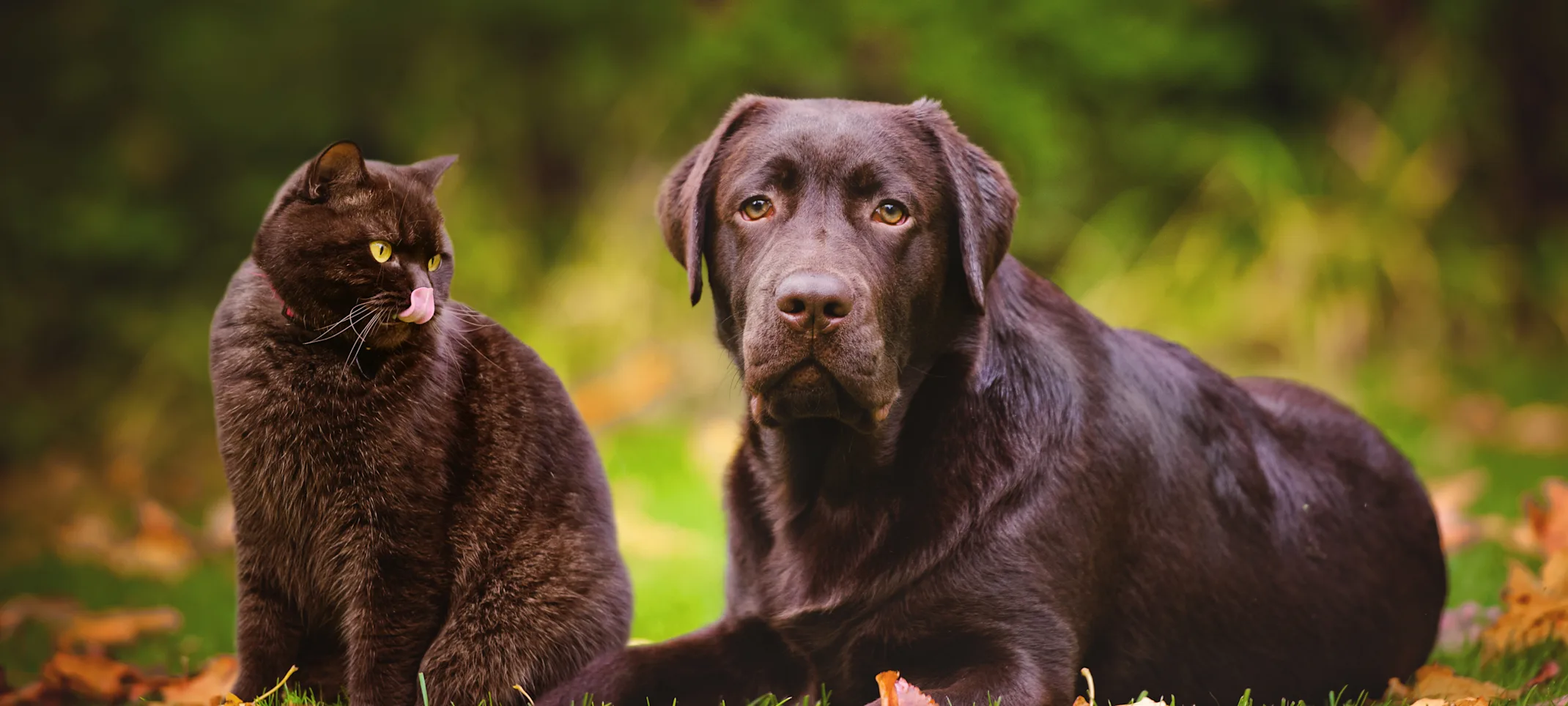Blue Cross Animal Hospital

There are many benefits to spaying your dog or cat. For one, spaying prevents the annoyances of a dog in heat: without spaying your princess will bleed when she is in heat, and attract un-neutered males to hang out on your doorstep. Spaying also prevents diseases such as breast cancer and pyometra, a life-threatening uterine infection that happens to many unspayed females. As well, spaying is part of responsible ownership: millions of unwanted dogs and cats end up in shelters every year, and many strays are euthanized.
When should my dog/cat be spayed?
Dogs
We recommend that puppies or dogs be spayed at five and a half months of age, prior to their first heat. Spaying before the first heat prevents breast cancer later on. However, even mature dogs will benefit by avoiding pyometra and other uterine diseases. If your dog has come into heat, you should wait six weeks before spaying her. Nursing mothers must wean their offspring and cease lactating for six weeks prior to spaying.
Cats
We recommend that kittens and cats be spayed at five and a half months of age, prior to their first heat. Cats can be spayed in heat, but spaying before the first heat prevents breast cancer later on.
Nursing mothers must wean their offspring and cease lactating for two weeks prior to spaying. PLEASE NOTE: Cats can come into heat and become pregnant even while nursing.
We look forward to caring for you and your furry friend throughout this important procedure. We hope the following information will help you to understand a bit more about our hospital, and our commitment to your pet’s care.
Contact us now if you have further questions, or would like to make an appointment at (416) 469-1121, ext. 4 or [email protected]

There are many benefits to neutering your dog or cat. For dogs, neutering reduces many undesirable behaviors such as roaming. For cats, neutering eliminates many undesirable behaviors such as urine marking indoors and roaming.
Neutering also decreases the health risks of prostatitis and certain types of tumors. As well, neutering is part of responsible ownership: millions of unwanted dogs and cats end up in shelters every year, and many strays are euthanized.
When should my cat/dog be neutered?
Cats
We recommend that cats and kittens be neutered at five and a half months of age, before any objectionable behaviors develop.
Dogs
We are now recommending that male dogs not be neutered until they are a year old, as this has been shown to reduce the risk of some cancers and lessen the chance of bone and joint conditions. However, it may become necessary to neuter your dog younger due to emerging behavior issues. Your veterinarian would be happy to discuss your individual dog or puppy.
We look forward to caring for you and your furry friend throughout this important procedure. We hope the following information will help you to understand a little more about our hospital, and our commitment to your pet’s care.
Contact us now if you have further questions, or would like to make an appointment at (416) 469-1121, ext. 4, or [email protected]
Before the Procedure
Initial Consultation & Physical Exam
Prior to any surgery, we need to establish that your pet is healthy and a good candidate for surgery. If we have not seen your pet in the last three months, or if your pet is new to Blue Cross Animal Hospital, you will need to have an initial visit with one of our veterinarians. During this visit we will thoroughly examine your pet, as well as consult with you and answer any questions you may have regarding the surgery itself, or caring for your pet before or after the procedure.
The physical exam is required for the same reasons that a medical doctor would be required to see a human patient before a surgical procedure. We need to be sure your pet is healthy and has no medical conditions that could complicate the anesthetic or the surgery. Mature Dog spays can be complex surgeries, depending on a number of factors, so we will also use this visit to establish a cost for the actual procedure.
If you are already a client of Blue Cross Animal Hospital and we have seen your pet within the last three months, no additional physical exam is required.
Blood Panel
We also strongly recommend that all pets going under anesthetic have a blood panel done to assess liver and kidney function, as these organs need to be functioning properly to process the anesthetic. These blood tests are required if your pet is over seven years of age.
Vaccination
For your pet’s safety as well as for the safety of the staff and other pets in the hospital, we require that your dog be fully vaccinated prior to the surgery. If your dog has been to another veterinarian in the past we will request that the records from that clinic be faxed or emailed to us prior to your initial exam. By having this record, we can ensure that your pet’s vaccines are current. As well, our veterinarians can review your pet’s full medical history.
Once your dog receives a clean bill of health, we can book the surgery.
Your Pet’s Spay/Neuter: What to Expect
The Night Before
Please make sure your puppy or dog has no access to food after 9 PM on the evening prior to surgery. She may have water overnight but please pick it up in the morning.
NO BREAKFAST is to be fed to your dog the morning of the surgery
The Morning of the Procedure
Dogs coming for surgery arrive in the morning between 8 and 9 AM on the day of the scheduled surgery.
On arrival your dog or puppy will be admitted by one of our technicians, who will check over your pet, and answer any questions you may have. You will be asked to sign permission forms, and your dog will be admitted into the hospital. From this moment on, our goal is to make your pet as comfortable as possible.
Our Patient Care Team will set your dog up in her own quiet, warm kennel with cozy blankets, to relax in before surgery and wake up in afterwards. These individual spaces are in our separate dog ward away from the cats and vice versa.
In a little while a technician will examine your pet once more and then administer a sedative injection which will calm your pet and make her sleepy. This injection also includes pain control medication.
When your dog is ready, an intravenous (IV) catheter is placed in her leg. This single injection port is easier for your dog.
The IV also supplies fluid therapy during surgery. Fluid therapy supports a stable anesthetic, helps your dog flush the anesthetic from her body through her kidneys, and speeds recovery.
An injection of anesthetic is then administered through the IV line.
During the Procedure
An inhaled anesthetic is administered to keep your dog asleep during the procedure.
During surgery your puppy or dog lies on a warm water blanket to maintain her body temperature.
Throughout the surgery, a trained veterinary technician constantly monitors your dog’s vital signs, including heart rate, breathing, temperature, blood pressure, and oxygenation to ensure she is responding ideally to the anesthesia.
If you choose, an identity microchip will be implanted under the skin between the shoulder blades while your dog is still anesthetized. It’s a good idea to do this while your pet is under anesthetic, to eliminate the discomfort of the needle.
If you choose, just prior to your dog or puppy waking up, our technician will apply a therapeutic laser treatment to the surgical incision. Our laser has been shown to decrease pain and shorten healing times considerably.
A second pain control injection is given just prior to recovery to be sure your dog is comfortable.
Recovery and Aftercare
During your dog’s recovery period she is attended to by her technician and our Patient Care Team.
Your puppy or dog is kept warm and secure in snuggly blankets and heating devices and cuddled until she is awake.
After she awakens, your dog is returned to her kennel, still snuggled in warm blankets and is watched until her awareness and sense of balance have returned.
A technician will call you when the procedure is finished and your dog has recovered.
Your dog or puppy can go home the same night. Our technicians continue to monitor her vital signs and comfort throughout the afternoon and evening. When you come to get your pet either a technician or a doctor will review the post operative instructions, which are also printed on your invoice when you leave so you can refer to them at anytime.
A dose of oral pain control medication will be sent home with you to put on your dog’s food the next day.
We will also follow up with a phone call a day or two after the procedure to be sure you do not have any further questions and to make sure your dog is recovering well. Of course if you have any concerns or questions prior to our call, please call us at (416) 469-1121, or email us at [email protected].


